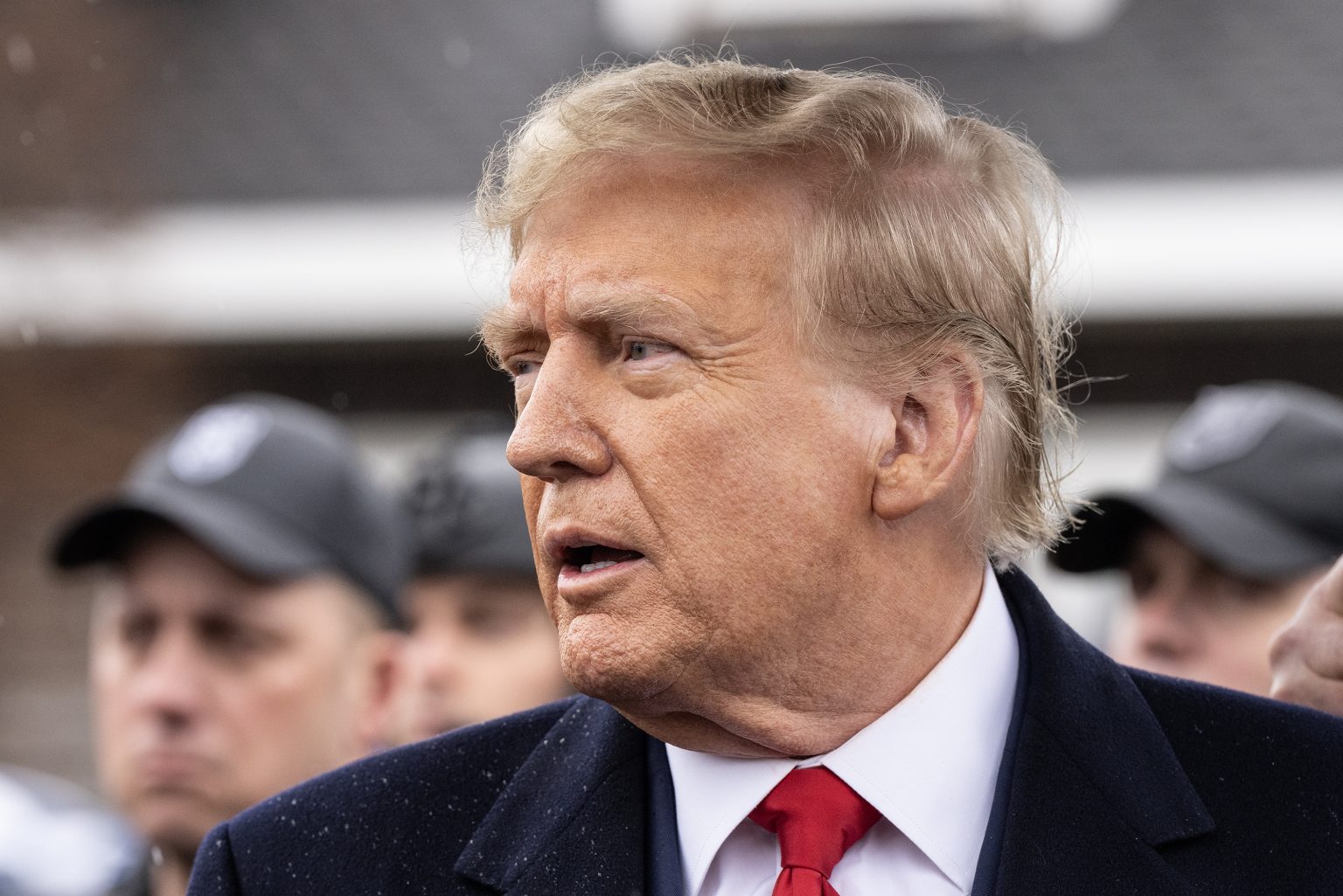Former President Donald Trump’s reported plan to end Russia’s war on Ukraine is being viewed as “impossible” by the Kremlin without more details and confirmation. The plan, as reported by The Washington Post, involves Ukraine ceding Crimea and the eastern Donbas region to Russia, as well as being permanently excluded from NATO. Trump’s team believes that such a deal could encourage Russia to reduce its dependence on China. However, the Kremlin has stated that no initiatives have been announced by Trump, making it difficult to evaluate the situation.
The peace talks between Ukraine and Russia have faced significant challenges after more than two years of conflict. Ukraine demands the withdrawal of all Russian troops from its territory, reparations, and war-crime trials for Russian leaders. On the other hand, Putin insists on Ukraine accepting the “new territorial realities” created by Russia’s occupation. Russian forces continue to advance on Ukraine’s eastern front, putting pressure on the defending Ukrainians. President Volodymyr Zelensky has warned that without additional Western aid, Ukraine could lose the war, leading to potential attacks on other countries. Zelensky has invited Trump to visit Ukraine to see the situation firsthand.
In response to Trump’s repeated suggestions that Ukraine should make concessions for peace, Zelensky has expressed willingness to listen to any proposals but has not heard directly from the former president. Trump’s campaign has indicated that Zelensky’s remarks about a potential visit are incorrect. The Ukrainian president remains open to discussions with Trump about potential peace plans. The situation in Ukraine remains tense, with no clear path to a resolution in sight.
The dynamics between Russia, Ukraine, and the United States are complex, with multiple factors influencing the ongoing conflict in Ukraine. The role of past and present leaders, including Trump and Putin, plays a significant role in shaping the potential outcomes of the war. As both sides remain entrenched in their positions, finding common ground and reaching a peaceful resolution becomes increasingly challenging. The involvement of Western powers, particularly the United States, is crucial in determining the future of the conflict and the stability of the region.
The impact of the war in Ukraine goes beyond the immediate conflict, with implications for global security and stability. The potential for further aggression and destabilization in the region underscores the importance of diplomatic efforts to find a resolution. The involvement of key stakeholders, including Russia, Ukraine, the United States, and international organizations, is essential in moving towards a sustainable peace agreement. As the situation evolves, continued engagement and dialogue among all parties will be necessary to address the complexities of the conflict and work towards a peaceful resolution.


